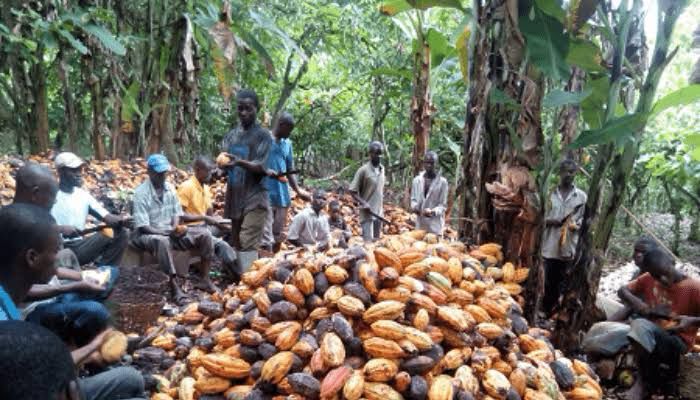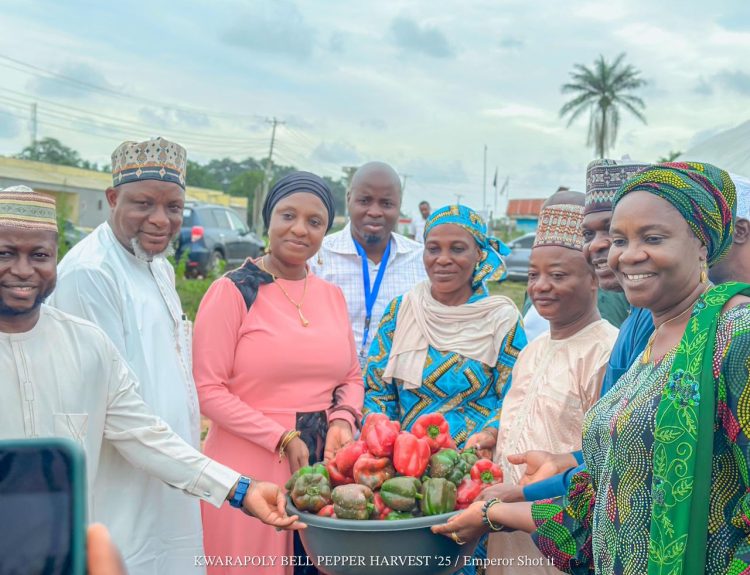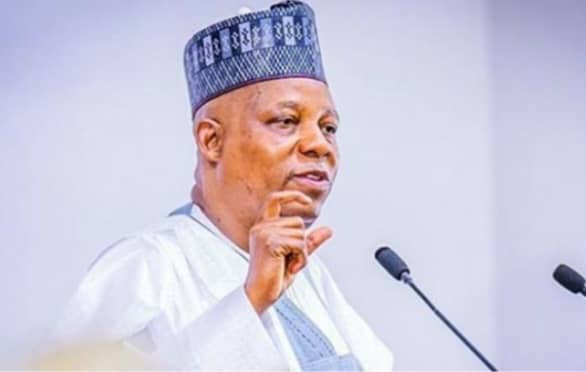Nigeria is setting its sights on becoming a major player in the global cocoa market, with plans to increase production to 500,000 tonnes by the 2024-2025 season.
This ambitious target comes as the country seeks to challenge top producers Ivory Coast and Ghana, whose crops have been severely impacted by climate change and disease.
Currently the world’s seventh-largest cocoa producer, Nigeria produced over 280,000 tonnes of cocoa beans in 2023, according to the UN’s Food and Agriculture Organization. The government’s goal of 500,000 tonnes would propel Nigeria to fourth place globally, behind Ivory Coast, Ghana, and Indonesia.
Patrick Adebola, Executive Director of the Cocoa Research Institute of Nigeria, expressed optimism about the sector’s growth. “The farmers have never had it so good,” he said, citing soaring global cocoa prices, which reached a record
12,000 per tonne in December 2024. Although prices have since fallen to around 8,000 per tonne, they remain significantly higher than the pre-surge range of 2,000 to 3,000
The price boom has sparked renewed interest in Nigeria’s cocoa industry. More than a dozen local firms have expressed plans to invest in or expand production, while the British government’s development finance arm recently invested $40.5 million in Nigerian agribusiness company Johnvents.
However, Adebola cautioned that reaching the 500,000-tonne target this season may be unrealistic, though he believes it is achievable in the coming years. “There is rising interest in rehabilitating old plantations or establishing new ones,” he noted.
Unlike Ivory Coast and Ghana, where cocoa prices are regulated, Nigerian growers are more exposed to global market fluctuations. This has driven many farmers to expand their operations to capitalize on the current high prices.
“Individuals are going into cocoa production at every level… to make sure they also enjoy the current price,” said Comrade Adeola Adegoke, President of the Cocoa Farmers Association of Nigeria.
Despite the optimism, challenges remain. Much of Nigeria’s cocoa is grown by small-scale farmers who lack the resources to expand. Peter Okunde, a farmer in Ogun State, highlighted the difficulties he faces. “Land is the major instrument farmers need… and the money to develop it,” said Okunde, who manages a four-hectare plantation.
Environmental concerns also loom large. The government’s push for agricultural modernization has encouraged monocrop farming, which focuses solely on cocoa production without companion plants or trees. A recent study in the journal Agroforestry Systems warned that this approach could harm biodiversity and environmental sustainability.
John Alamu, Group Managing Director of Johnvents, emphasized the need for a holistic approach to revitalize Nigeria’s cocoa sector. “These are key things that will be responsible to take Nigeria back to its leadership position,” he said, citing the importance of providing seedlings, training, and sustainable agricultural practices.
As Nigeria strives to boost cocoa production, the sector’s growth could provide a much-needed economic boost, reducing the country’s reliance on oil and creating opportunities for thousands of farmers.














